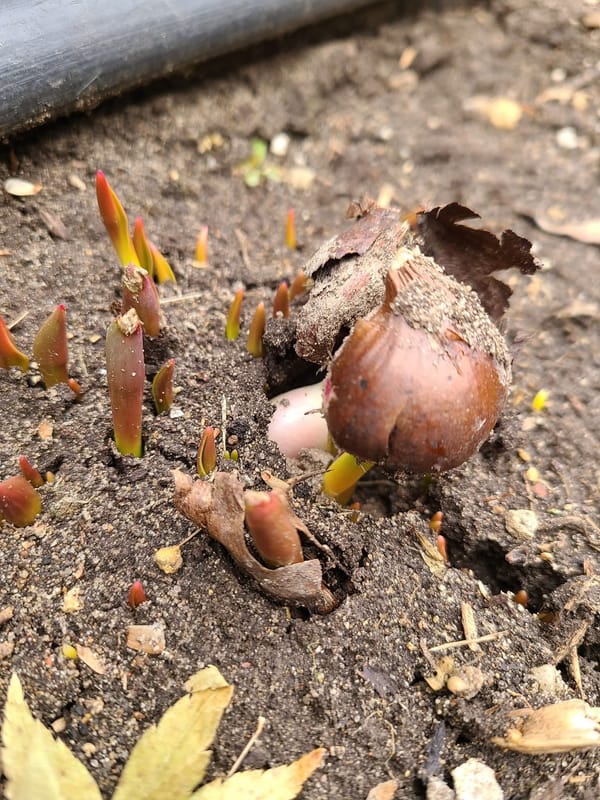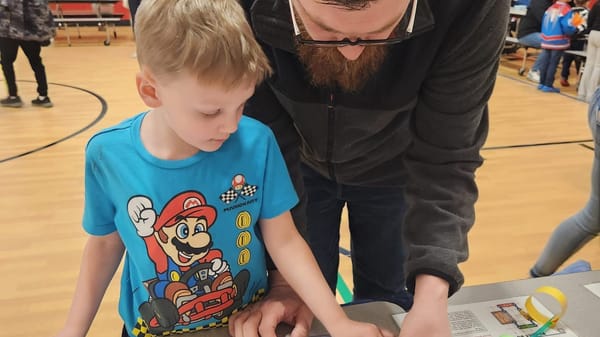Looking for clues to the past at Macktown Living History
The public was invited to be part of a archaeological dig at Macktown on the former Bates property.

September has been designated as Archaeology Awareness Month. Early this month, the public was invited to take part in an archaeology dig at Macktown Living History Center, located on the confluence of the Rock and Pecatonica Rivers, at 2221 Freeport Rd just west of downtown Rockton, Illinois.
Archaeologist Rochelle Lurie said Macktown is a treasure trove of artifacts and information. Lurie has led archeological digs at Macktown for 30 years. Each year she and her crew of professionals, students and curious area residents recover historical evidence of Native American and pioneer campsites.
This year's goal was to find out if, and where, privies were located on the former Bates property. Henry Bates, his wife, and children lived on the site, where he made boots and other leather goods. Their home, which no longer exists, was next to the Stephen Mack home.

“Outhouses and privies usually have a lot of evidence such as pottery and bones that tell us how people lived at that time,” Lurie said.
The week of September 2 -6, 2024, Lurie and a group of volunteers found pottery shards and other evidence indicating there had been families living on the site. “Where there are people, there is a need for privies. Artifacts such as pottery shards and bones could be found in the area.”
At the end of the week, the crew had recovered, washed, sorted and examined bits of artifacts, but did not find evidence that privies were on the site.
Macktown was founded by Stephen Mack and his wife Hononegah. It was the first settlement in Winnebago County, dating back to the 1830’s.
Macktown has been studied extensively by historians and archaeologists, looking for evidence of Native Americans and pioneers who lived in the woods, prairies and nearby rivers.
How did their ancestors go about their daily lives? What tools and methods did they use in hunting and farming, and building their homes and outbuildings?
Historians and archeologists have answered many of the questions through historical records and archaeological artifacts at Macktown. But they believe there is much more to be learned.

Macktown hosts monthly programs on Sundays throughout the year. Follow their Facebook page and visit their website at www.macktownlivinghistory.org. The next event in the series is Cidermaking on Sunday, October 13, 2:00 pm-4:00 pm.
The annual Frenchmen’s Frolic on the grounds at Macktown will be held Saturday, October 19, and Sunday, October 20. The two-day event will feature pioneers and Native American re-enactors displaying crafts, games, black powder shooting, traders and much more.




